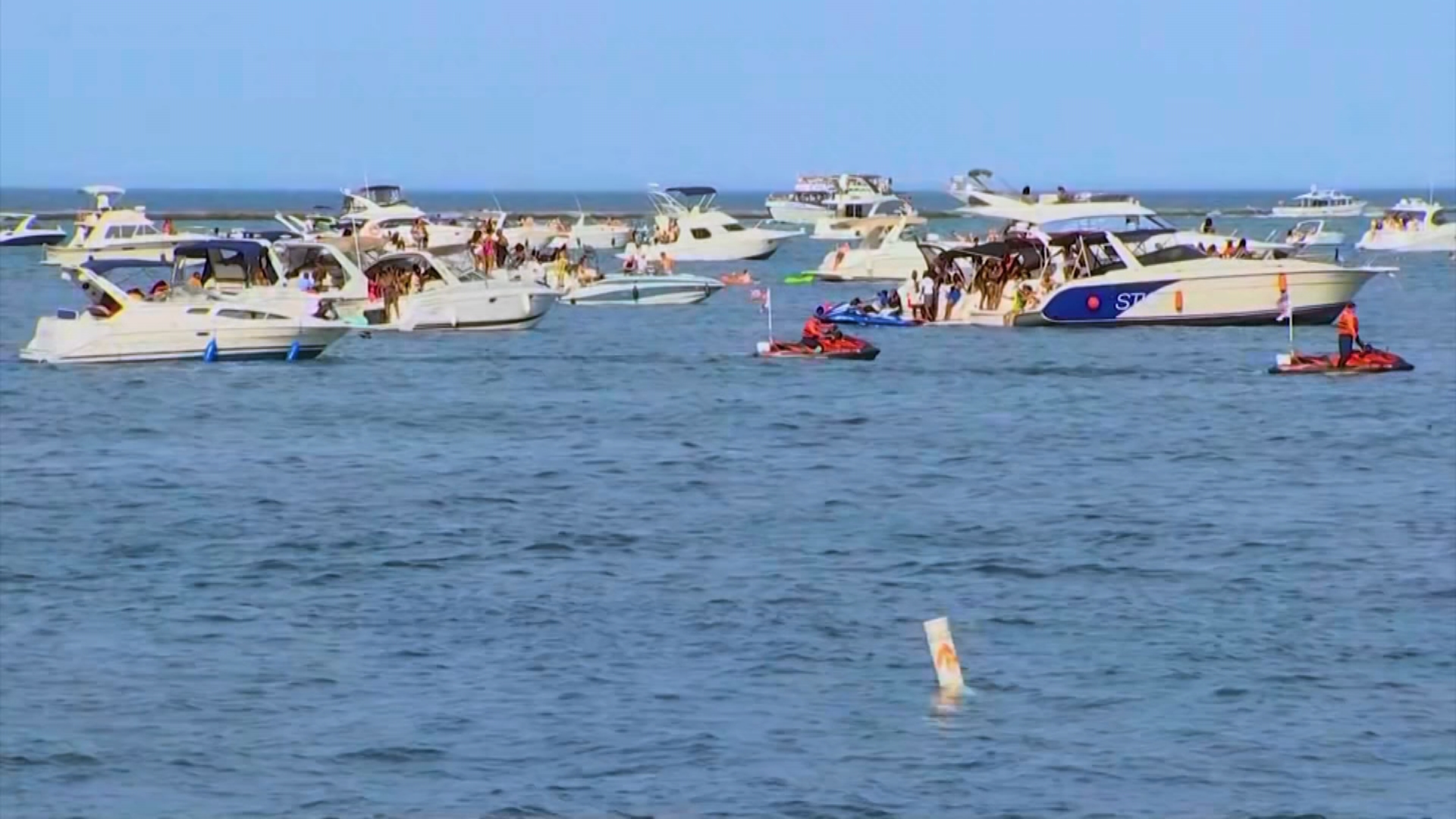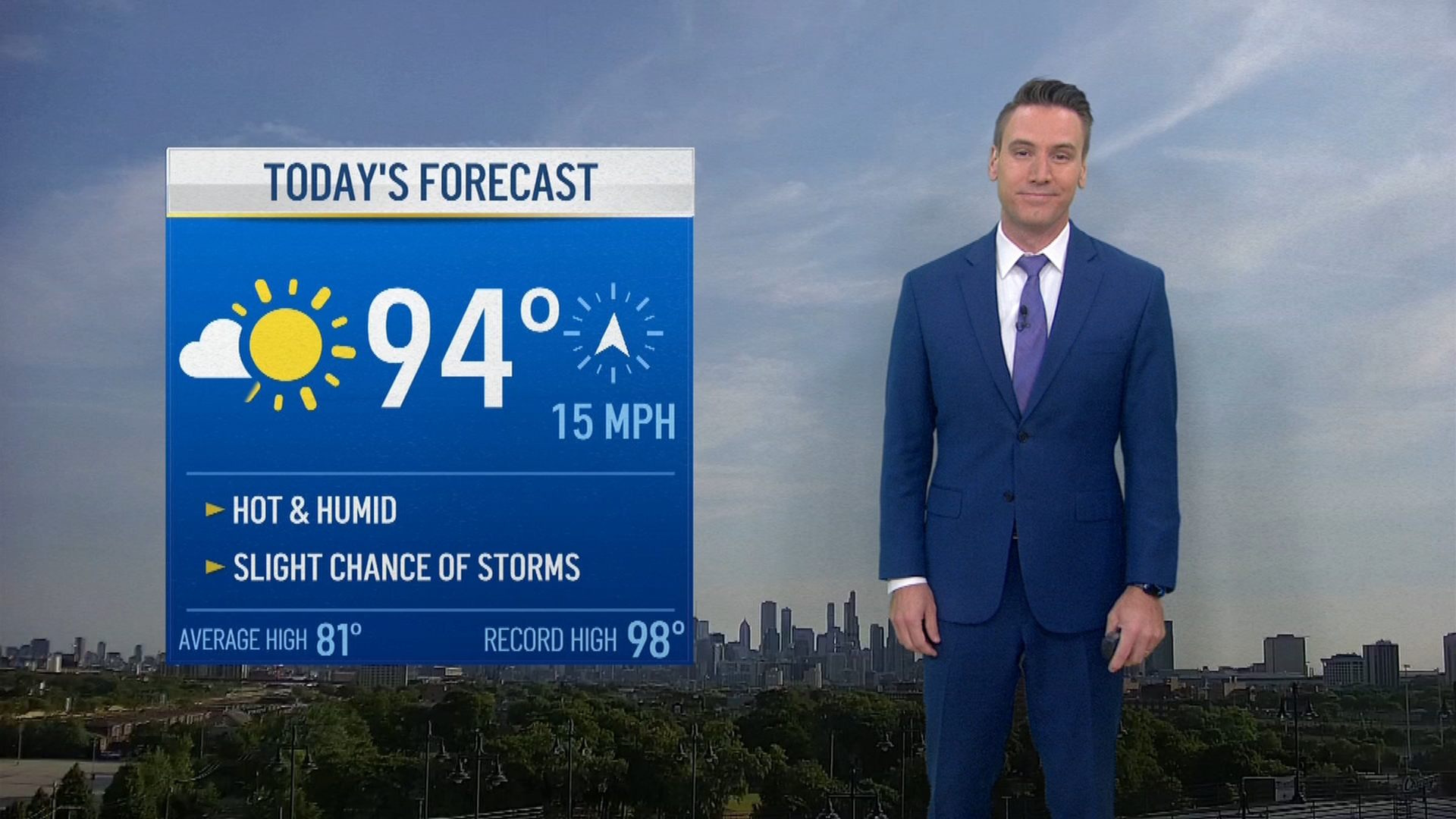More than 3 million Illinois residents are expected to be eligible to receive the coronavirus vaccine in the next phase of the state's rollout.
Gov. J.B. Pritzker said he plans to announce sometime this week when the state will enter Phase 1B, though some areas may already be allowed to do so. Moving to the next phase, however, won't mean that those eligible during the first phase cannot still receive the vaccine.
"I expect to make a formal announcement later this week on when Illinois
will move into Phase 1B on a statewide basis," Pritzker said during his coronavirus update Monday. "Of course, anyone in Phase 1A who has chosen not to get vaccinated yet will always be able to opt in during any subsequent round – this is about leaving no vaccine sitting on the shelves as we move forward."
Phase 1B will center on residents age 65 years and older and "frontline essential workers," including first responders, education workers like teachers and support staff, childcare workers, grocery store employees, postal service workers, and more.
The age requirement in Illinois is 10 years lower than the recommendations from the Advisory Committee on Immunization Practices, "in order to reduce COVID-19 mortality and limit community spread in Black and Brown communities," the governor said.
Phase 1B will include roughly 3.2 million Illinois residents, according to the state.
Illinois as a whole has administered approximately 334,939 vaccine doses as of Sunday night.
Local
"We are making important progress in Phase 1A and I appreciate the hard work of healthcare providers across the state to move as quickly through this phase as possible," Pritzker said. "In some communities, they’ve even been able to substantially complete Phase 1A. IDPH is allowing any local health department in that position to move into the early stages of Phase 1B because we want to make sure any available vaccine is administered quickly to the priority groups we’ve laid out."
Chicago health officials said they expect Phase 1B will begin in the city in February or March.
"A lot depends on how quickly vaccine comes to us," Chicago Department of Public Health Commissioner Dr. Allison Arwady said. "We get about 32,000 doses of first doses of vaccine a week right now. You think about how many people there are over 65 - 370,000 - how many essential workers - hundreds of thousands, 150,000, just in education - there is going to have to be some patience here. But I would expect that we will likely be beginning, you know, in the sort of February to March timeframe, and then we'll continue to vaccinate through, you know, over these next few months."
Here's a look at who will be included in Phase 1B:
- Residents age 65 and over
- Frontline essential workers, which means "residents who carry a higher risk of COVID-19 exposure because of their work duties, often because they are unable to work from home, and/or they must work closely to others without being able to socially distance. This includes:
- First responders: Fire, law enforcement, 911 workers, security personnel, school officers
- Education: Teachers, principals, student support, student aids, day care worker
- Food and agriculture: Processing, plants, veterinary health, livestock services, animal care
- Manufacturing: Industrial production of good for distribution to retail, wholesale or other manufactures
- Corrections workers and inmates: Jail officers, juvenile facility staff, workers providing in-person support, inmates
- USPS workers
- Public transit workers: Flight crew, bus drivers, train conductors, taxi drivers, para-transit drivers, in-person support, ride sharing services
- Grocery store workers: Baggers, cashiers, stockers, pickup, customer service
- Shelters and day care staff: Homeless shelter, women’s shelter, adult day/drop-in program, sheltered workshop, psycho-social rehab



